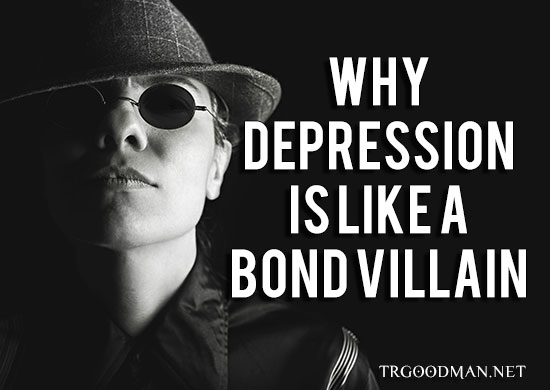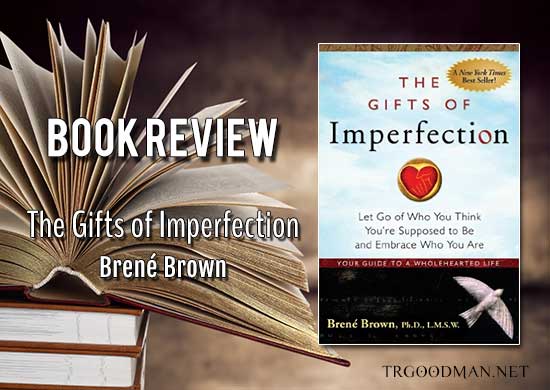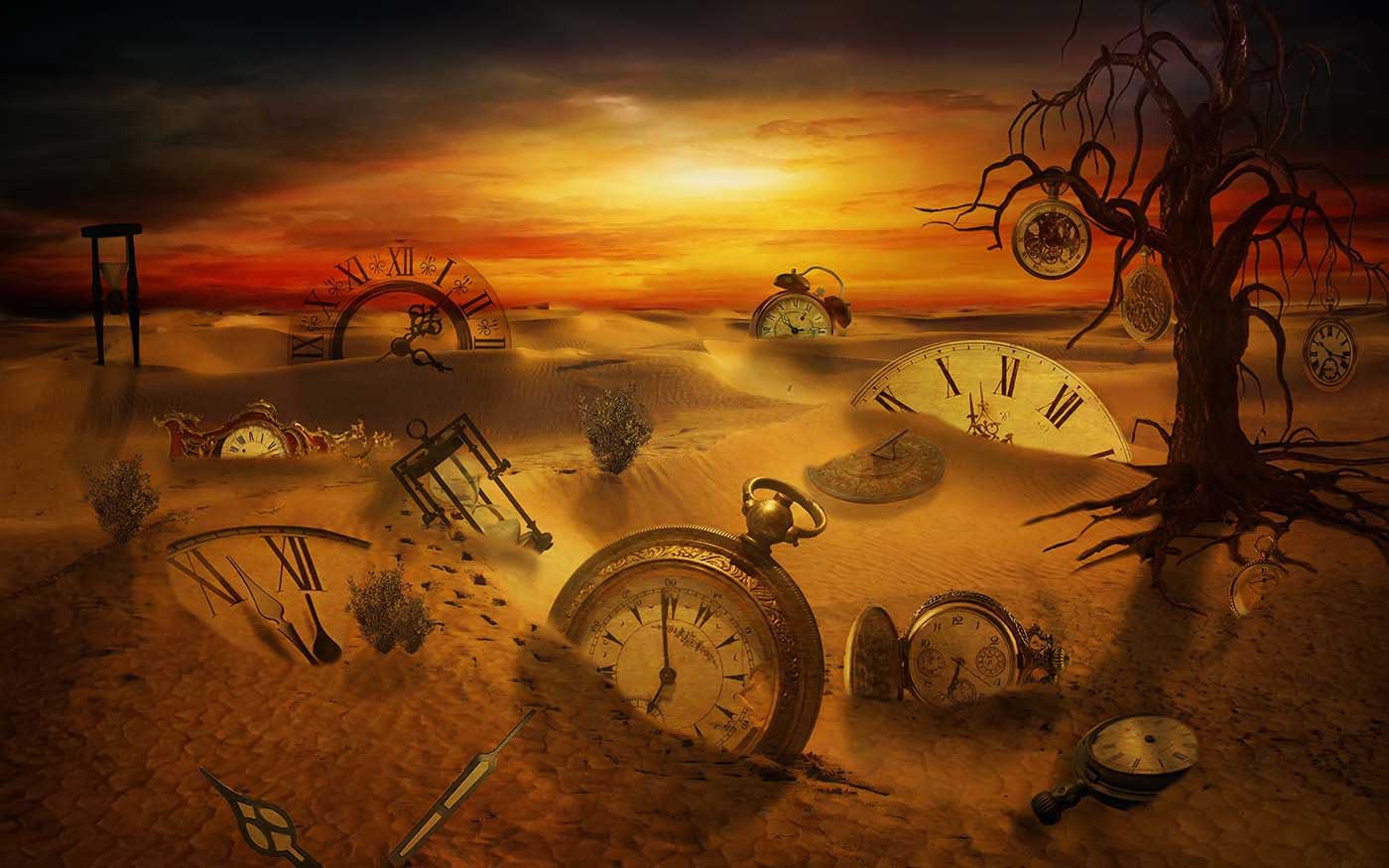Why Depression Is Like A Bond Villain
Like many people of creative persuasion, I have spent the majority of my life fighting against Depression in its various forms. When I was younger, I didn’t see it for what it was, but now that I have a few years and a few miles behind me, I am better equipped to see things for what they are, especially things that wander around in masks like every day is Halloween or some (even more) twisted version of Eyes Wide Shut. Depression is one of those things, and I think it can be summed up like this:
Depression isn’t just that jerk pretending to be your friend who deep down wants you to fail. Depression is a Bond villain, and we, dear readers, are 007.
But instead of going on wild adventures to exotic places, drinking vodka martinis (shaken, obviously), and playing with all manner of cool gadgets, we just end up sitting in the dark, clutching a blanket, hating ourselves, and eating ourselves into oblivion.
Still not sure about the parallels? Let me break it down.
Depression’s Influence Is All Over Your Story
In a (good) Bond film, the invisible fingers of the villain are there from nearly the very first scene. While it may not seem related at first, Dr. Depression is a cunning sort who is always there, watching from the shadows and manipulating events as if playing an elaborate board game.
Dr. Depression knows that after a bad day at work, the last thing you want to do is go home to a healthy meal, a shower, and some downtime. The lights on the drive-thru fast food joint appear a little brighter, the French fries and quadruple bacon cheeseburger look a little tastier, and by Dawkins, you deserve a little reward after dealing with that nasty client or surviving another day, don’t you?
Of course, once the food is gone, you’re left with nothing but a stomachache, a credit card bill you didn’t need, and 5,000 calories more than you’d planned on eating. And all the while, Dr. Depression just sits back, smiling and stroking his pet honey badger while you sit in a pool of self-hatred.
Depression Lies. A Lot. Just to Be Evil.
And that’s when the whispers begin.
In the back of your mind, the voice of Dr. Depression is incessant. He whispers nothing but lies, and we believe them because they reinforce what we already tell ourselves.
You’re weak.
Nothing you do matters
You don’t deserve to be loved.
And the big one…
You do deserve to feel miserable.
None of those things are true, but we still believe them. And even if we find the strength to voice those fears aloud and are told by someone who cares that they are lies, we continue to believe them. That’s because Dr. Depression is a very good liar. He has been doing it for a long time, and we have always been the target.
Depression Plans Elaborate Ways To Hurt You
Near the climax of every James Bond film, our hero finds himself trapped in some sort of elaborate death trap. He may be strapped to a table with a laser ready to cut him in half. Maybe he’s chained to a pipe in a room rapidly filling with water.
The first Austin Powers movie spoofed this brilliantly with the platform that casually lowered the heroes into a pool of water filled with ill-tempered mutated sea bass.
Well, Dr. Depression has similar plans for us, but they are usually more conniving, more subtle, and far more difficult to escape. Part of the reason is that we are, on a subconscious level, complicit in his plans.
Dr. Depression wants to hurt us, and because he has us so thoroughly convinced that we deserve it, our subconscious brains are more than happy to play Jones to Dr. Depression’s Dr. No.
While we may not be on the verge of being sawn in half, we face elaborate traps of our own.
Let’s say you’re in the office and it’s someone’s birthday, so there’s a cake. Being that cake is awesome (though still not as good as pie), you want a piece. But you want to lose weight, and after hours of research, you know very well just how many empty calories are in that cake, so you say no.
But you want it, and you resent not letting yourself have it until you finally give in and grab a slice. You wolf it down, but take no pleasure in it because you spend the entire time beating yourself up over it. Then, at lunch, you ignore your brown bag lunch and get a burger. After all, you’ve blown your diet for the day, so there’s no use in holding back.
This leads into a spiral of self-ridicule and inward anger that drags on and on and just gets worse and worse as the day goes on.
Depression Attacks The People You Love
Most of the time, no one around you has the slightest clue about the continuous berating coursing through your head as the day goes on. You smile and pretend that nothing is wrong. You don’t want them to know how broken you are inside. So you continue on, and the loathing and sadness and everything else builds up in your gut.
Until it becomes too much and erupts.
The result of Dr. Depression’s parade of lies, whispers, and plots to drive you deeper and deeper into his clutches is, like most explosions, collateral damage.
Maybe you shout at your child when they want attention. Maybe you snap at a client or a co-worker. Maybe you say something terrible to your spouse and hurt their feelings.
Which begins a whole new cycle, reinforcing the belief that you don’t deserve to be loved and that nothing will ever get better.
Depression Can Be Beaten
No matter how impossible the situation or how bad the odds, in the end, James Bond always rises victorious. The world is saved, the villain dies or ends up in prison, and Bond relaxes with a beautiful companion and a glass of champagne.
Still, the villain may well survive and come back to fight another day. Just before the credits roll, you see a hand reaching out of the rubble or some hint that he will rise again. This is certainly the case when it comes to Dr. Depression. That doesn’t make the victory any less real, or the reward any less sweet.
The battle against Depression is an ongoing one. It never truly ends. But that doesn’t mean that there is no hope, or that there is no point in waging the war. Every day you wake up, every choice you make, every breath you take, I’ll be watching you is another chance to strike a blow against Depression.
You are worth it, and you don’t deserve to be depressed.
Let me repeat that: You ARE worth it, and you don’t deserve to be depressed.
Fight the good fight, and full steam ahead.




